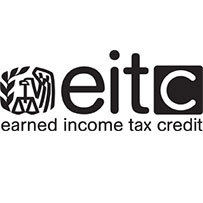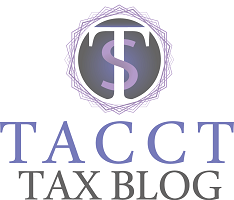
The Internal Revenue Service (IRS) invites community organizations, elected officials, state and local governments, employers, and other interested parties to join a nationwide effort on Earned Income Tax Credit (EITC) Awareness Day, January 31, 2014. IRS estimates four of five eligible taxpayers claim and get this important credit, but millions miss it annually either because they don’t claim it when filing or don’t file a tax return at all.
Many local officials and community organizations across the country are holding news conferences and outreach events highlighting the benefits of this key work incentive for individuals and families who earned $51,567 or less last year.
The EITC varies depending on income, family size and filing status. The IRS has upgraded the interactive EITC Assistant, at www.irs.gov/eitc, to better help taxpayers and tax preparers. People can answer a few questions about income, family size and filing status, among other things. The EITC Assistant will help determine eligibility and will figure an estimated EITC refund. You can even get a printout explaining why you do or do not qualify.
Workers, self-employed people and farmers who earned $51,567 or less last year could receive larger refunds if they qualify for the EITC. That could mean up to $487 in EITC for people without children, and a maximum credit of up to $6,044 for those with three or more qualifying children. Unlike most deductions and credits, the EITC is refundable. In other words, those eligible may get a refund from the IRS even if they owe no tax.
Get It Right: Avoid Errors
Taxpayers are responsible for the accuracy of their tax return regardless of who prepares it. The rules for EITC are complicated. The IRS urges taxpayers to seek help if they are unsure of their eligibility.
Some common EITC errors are:
- Claiming a child who does not meet the relationship, age or residency tests
- Filing as “single” or “head of household” when married
- Over or under reporting of income and or expenses to qualify for or maximize EITC
- Missing Social Security numbers or Social Security Number and last name mismatches for both taxpayers and the children
To help ensure that only those eligible get the credit and that everyone who is eligible gets the right amount, the IRS requires paid preparers to file Form 8867, Paid Preparer’s Earned Income Credit Checklist, with any federal tax return claiming the EITC.



